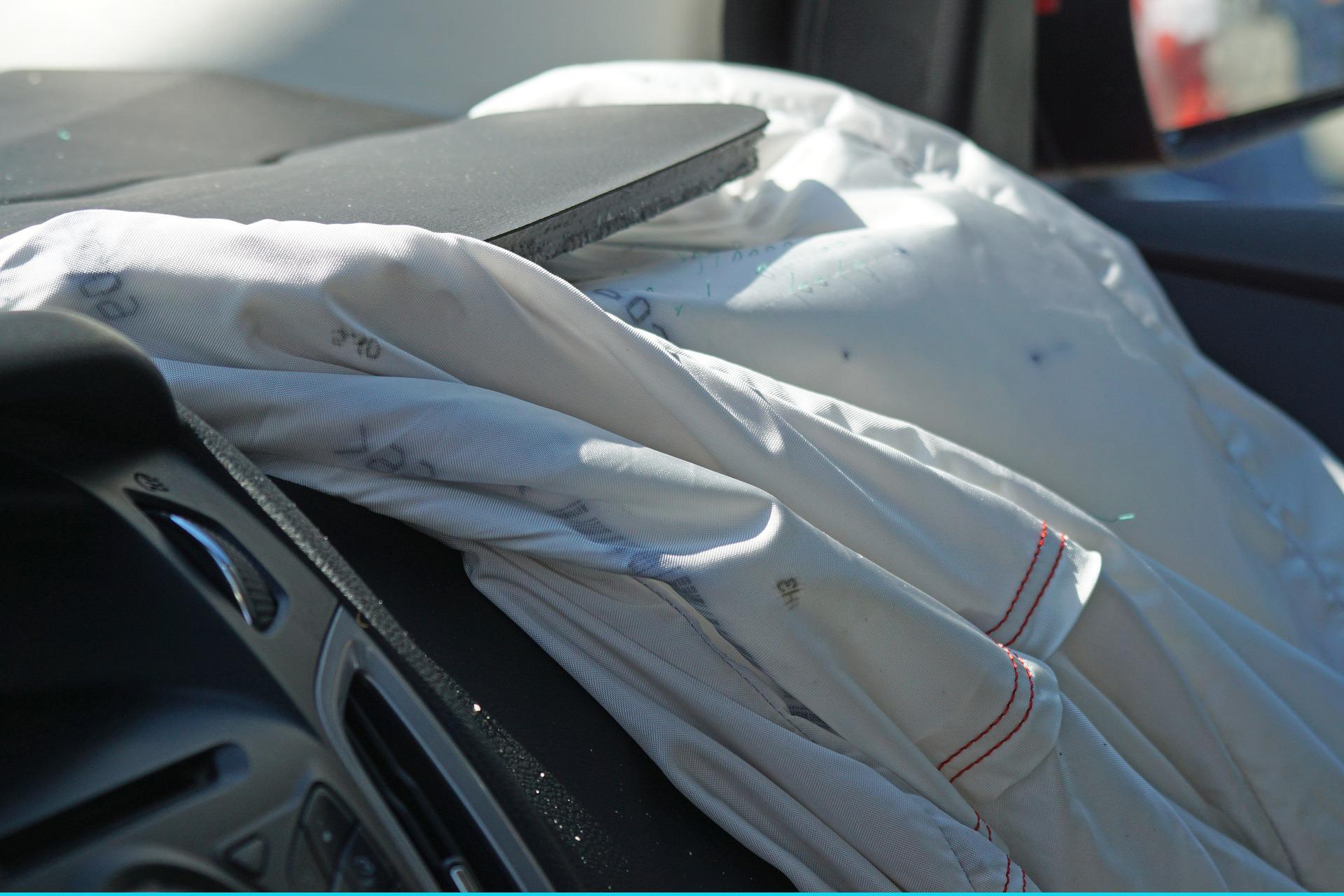Dr. Prasad Adusumilli at Memorial Sloan Kettering (MSK) Cancer Center, a thoracic surgeon and scientist, believes that customized gene therapy will change the way we treat pleural mesothelioma.
Dr. Adusumilli has worked for more than a decade on developing tumor immunology for thoracic malignancies. Currently, the doctor is investigating a phase I clinical trial involving immune cells known as chimeric antigen receptor (CAR) T cells. The cells have shown to be promising in the treatment of mesothelioma.
“I don’t want to give unrealistic hope for patients. This is a phase I study,” said Dr. Adusumilli. “We obviously have to do more studies, to prove beyond any doubt what works. But what we’re seeing now is exciting.”
The clinical trial includes both lung and breast cancer patients. Five participants with mesothelioma received CAR T-cell therapy and Keytruda as part of the treatment protocol. Two had progressive disease, one had stable disease and two had a partial response. All were still alive as of starting treatment, and none experienced serious side effects – which was the main goal of the phase I clinical trial.
CAR T-cell therapy works by helping the body’s immune system recognize and destroy cancer. The target is mesothelin, a cell-surface antigen that is expressed in virtually all mesothelioma cases.
Gene therapy has been shown to be promising with blood cancers, but its effectiveness on solid tumors is still being discovered.
A new technology is also emerging that looks for genetic material from cancer cells in blood. The technology could be used to detect mesothelioma early on.
The test has already shown potential for early detection of lung cancer.
Cancer cells contain genetic mutations and alterations that contribute to the cells’ abilities to grow out of control. The new blood test looks for bits of genetic information that are shed by cancer cells and released into the bloodstream.


